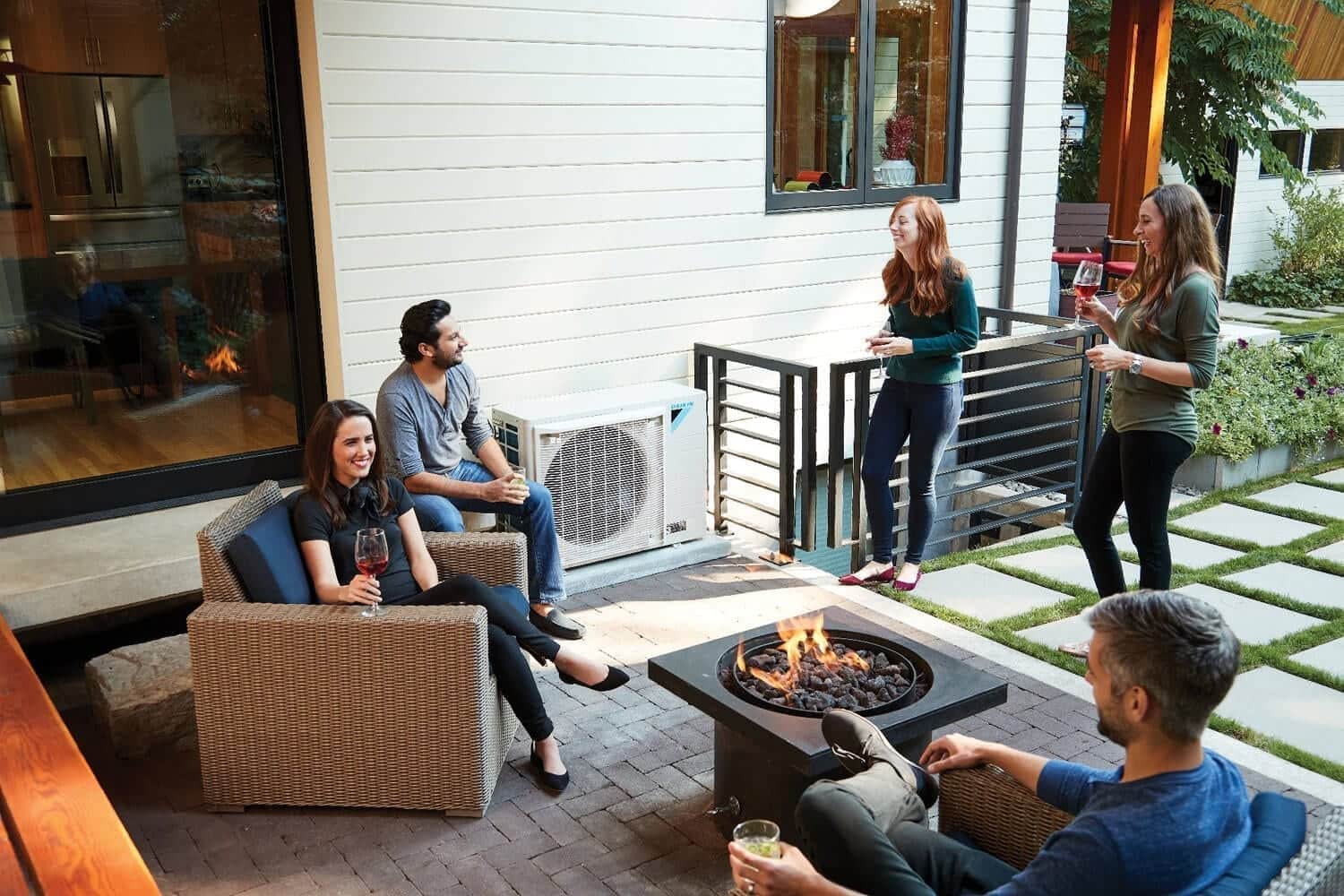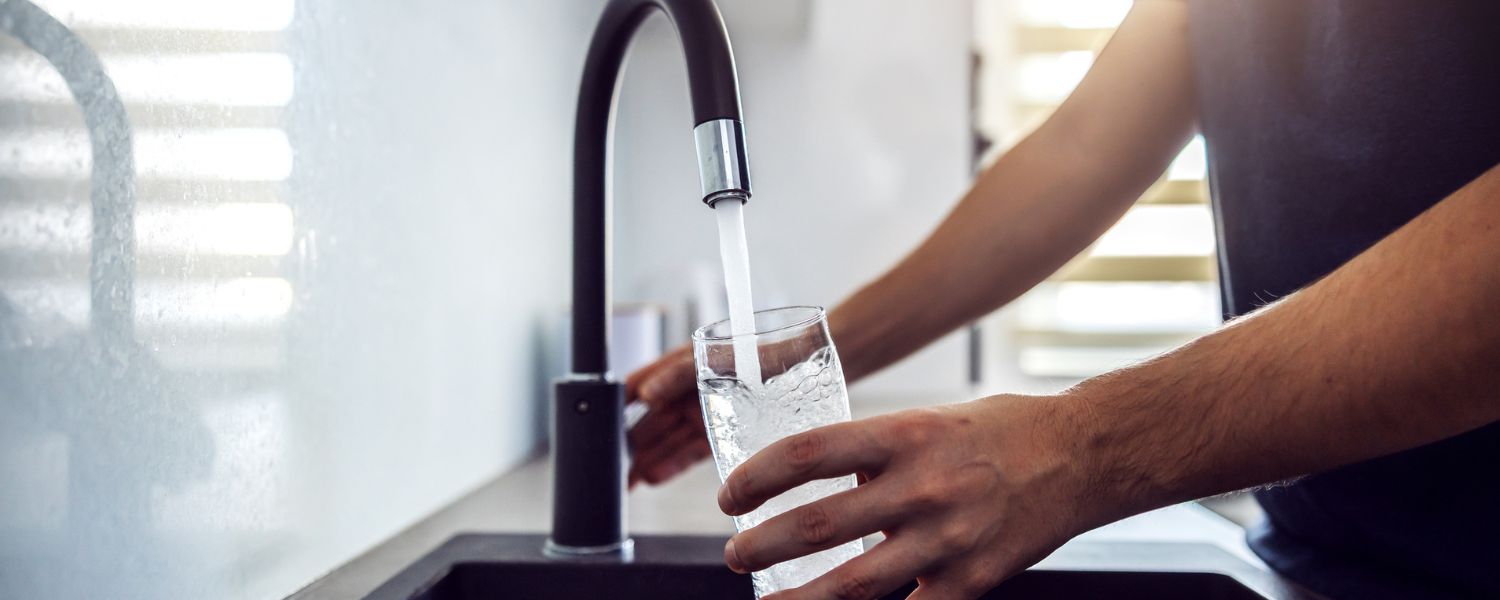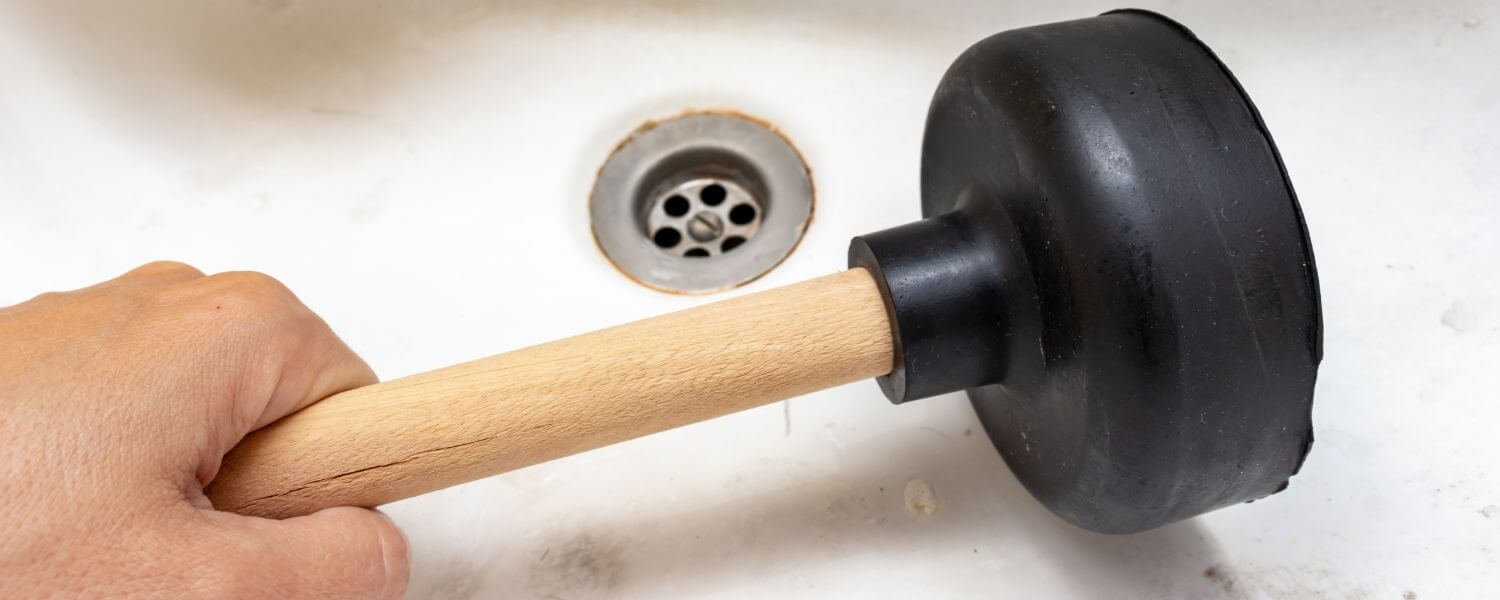How to Stop a Water Heater From Leaking
Discovering a large puddle of water near your water heater is never fun. It usually means that your water heater is leaking, which means you’ve got water waste and a mess on your hands. When this happens, there’s no need to panic. But you’re probably asking yourself, why is my water heater leaking, and how can I stop it from wasting water? In this article, we’ll explore why water heaters leak, their causes, and how to fix them.
Leaking Water Heaters 101
Water heaters perform a vital function in the home, providing families with hot water for cooking, bathing, cleaning, and more. They are designed to be long-lasting, but even the best water heaters can leak. A leaking water heater isn’t just wasting water; it’s wasting money and creating a potential hazard and damage to your home.
If you suspect your water heater is leaking, it can become a big problem and damage your home if the tank is leaking and you don’t act quickly. If you’re unsure about why you have a leaking water heater, the best thing you can do is to call Bill Howe. As the #1 plumber in San Diego, you can always count on us for all your plumbing needs.
Is a Leaking Water Heater Dangerous?
Smaller leaks might seem harmless, but they can signal underlying issues. Act quickly, regardless of the leak size, to avoid potential dangers.
Flooding
If you’ve noticed your water heater leaking, that small leak can quickly turn into a big one. If that leak has turned into a puddle or flood, you might be looking at significant damage to your belongings and property.
Hot Water
Water heaters are filled with scalding hot water. Do not touch the tank or water when your water heater is leaking. Scalding water can cause severe burns, so contact a professional for further assistance.
Possible Gas Leak
A water heater leak might be more than just water — it could be gas, too. Gas leaks can be extremely dangerous, so if you suspect an immediate threat, leave the premises and call your gas provider right away. However, if the area is secure and you’re unsure of the severity, it’s best to contact a licensed plumber from a safe location. A plumber may be able to resolve the issue without the need for the gas company to shut off service, saving you time and money.
If your leak has already caused significant damage to your home, Bill Howe can assist you with that as well. Please visit our Restoration & Flood page for more information or call 1-800-BILL-HOWE.
What Causes a Water Heater to Leak?
Several things can cause water heater leaks. One of the most common causes of leaks is a damaged relief valve, which prevents excessive pressure buildup. A faulty valve can cause water to escape. Of course, it’s not always the relief valve that is causing a leaking water heater.
The following can also cause water heater leaking problems:
- Corroded or cracked tank
- Loose pipe connections
- Excessive water pressure
- Incorrectly installed relief valves
- Worn-out anode rod
- Sediment buildup.
- Cracked water storage tank
- Age of the water heater
What to Do If You Discover a Water Heater Leak?
Furnace drain lines, water softener discharge lines, and other plumbing that are connected to your water heater could be leaking instead of the water heater itself. The first step is determining the source of the leak.
Before performing any maintenance, turn off the power to your water heater. If you have an electric water heater, locate the circuit breaker and switch off the breaker associated with your water heater. Water and electricity are a deadly combination, so turning off the power is critical.
A gas water heater, on the other hand, has an on/off switch or a dial on the exterior of the tank. Make sure it is turned off before proceeding. Avoid closing the gas shut-off valve if possible. These valves can be finicky and susceptible to failure over time.
Until a professional plumber arrives, turn off the water supply at the cold water shut-off valve. Most water heaters will have the valve located at the top. The cold water shut-off valve will either have a handle pull-down or a gate valve. Larger leaks that don’t allow you to reach the shut-off valve safely will require you to locate your main shut-off valve to your home.
How to Determine the Location of the Leak
Numerous problems can cause water heater leaking, and the origin is not always obvious. A professional from Bill Howe can relieve you of the stress and uncertainty with a quick consultation. Here are the areas your plumbing specialists will check during your inspection:
Water Connections
Examine where the inlet and outlet pipes connect to the water heater at the top of the unit. If the leak is coming from this location, the solution could be as easy as tightening a few loose connections or replacing the faulty pipeline.
Temperature and Pressure Relief Valve
The temperature & pressure relief valve (T&P valve) should be located on either the side or top of the water heater. First, inspect the point where the T&P valve enters the tank for signs of a leak. Then, inspect the relief valve itself. A faulty valve is a relatively easy fix, but it is always recommended that a professional handles the maintenance. Call today 1-800-BILL-HOWE.
The Drain Valve
Check the drain valve for any signs of moisture. The valve is located near the bottom of the tank. It should be watertight when completely closed.
Internal Tank
Unfortunately, there is no fix for an internal tank leak. You will have to replace the entire unit. A good indicator is a water heater leaking from the bottom. A leaking internal tank is a fairly common issue caused by ordinary age and deterioration.
Prompt and secure action is vital when dealing with water leaks. While you can manage minor issues temporarily, seeking professional help is crucial. A quick call to Bill Howe ensures expert insight, comprehensive solutions, minimal damage, and swift restoration of your home. Contact us for immediate assistance and peace of mind.
Signs Your Water Heater Might Be About to Leak
We understand that some water heater leaks are obvious, like when your water heater is leaking from the bottom and leaving a puddle around the base. So, what are some other signs you’re about to have a water heater leak on your hands? Here are some other telltale signs:
- Unusual sounds
- Visible rust or corrosion on the tank.
- Low water pressure.
- Pressure relief valve leaks
- Temperature fluctuations
Types of Water Heaters and Their Leak Risks
Conventional or storage tank water heaters are the most common. Many are opting for tankless water heaters due to their space-saving and energy-efficient features. While heat pump water heaters make up a smaller portion of the overall water heater market, they are gaining popularity. Below, we’ll break down the leak risks of each type.
Conventional tank water heaters
Convention water heaters can be gas or electric and have the highest leak risk of the three main types. Potential rust and corrosion around the anode rod are significant reasons for their high water heater leaking risk. Common water heater leaking points include the bottom of the tank, inlet/outlet connections, tank seams, and pressure relief valve.
Tankless water heaters
This type of water heater has a lower risk of leaks because they don’t store water in a large tank. However, while the chance of this type of water heater leaking is minimal, it can happen due to faulty internal components or connection points.
Heat pump water heaters
This type of water heater is more corrosion-resistant, but leaks can occur. Leaking can occur at the connection points.
Do I Need to Drain My Water Heater If There Is a Leak?
Bill Howe plumbers are ready to assist by draining your water heater before conducting any maintenance. However, in the case of a severe leak, it is advisable to promptly drain the water heater to prevent potential water damage to your home. The water in your tank will stay hot enough to cause burns for hours. Ensure the water inside is cool before using these steps to drain it.
- Attach a long hose to the drain valve located at the bottom of the tank.
- Extend the other end of the hose to a drain gutter or sink.
- Release the valve where the hose is attached.
- Open the pressure relief valve located on the top of the tank.
- Allow the water to drain from the tank.
Preventative Maintenance Tips to Avoid Water Heater Leaks
Dealing with a leaking water heater is never at the top of anyone’s list of fun things. Fortunately, there are preventative maintenance tasks to minimize the threat of leaks.
- Regularly draining the tank removes sediment buildup, which can cause corrosion and leaks over time.
- Inspect the anode rod and replace it if required. The rod attracts minerals that lead to corrosion.
- Test the pressure relief valve periodically, as this valve prevents excessive pressure buildup.
- Inspect for leaks and corrosion around the tank and on the water tank and pipes.
- Ensure water pressure is at the recommended levels and adjust the thermostat to a safe temperature.
- Tighten any loose fittings and connections on the water heater.
- Insulate the tank and pipes to help maintain water temperature.
Did you know that a plumbing inspection from trained and certified experts can help you avoid this entire situation? It’s true. We recommend scheduling a water heater inspection with Bill Howe to prevent potential issues.
Water Damage Risks and Long-Term Consequences of Ignoring a Leak
Water leaks can lead to several long-term consequences. If your water heater is leaking, call a professional immediately. Here are a few consequences of ignoring a water heater leaking from the top, bottom, or on another part of the unit:
Rotting wood: Prolonged exposure to moisture can lead to wood rot, including flooring and framing.
Cracked ceilings and walls: Excess water can cause cracks in your home’s walls and ceiling, negatively impacting the structural stability.
Mold growth: Mold in your home can pose serious health risks.
High water bills: Ignoring even the smallest leak can lead to wasted water and skyrocketing water bills.
Electrical hazards: Water-compromised electrical components can lead to potential fire risks.
Potential damage to your personal belongings: Photos, documents, and other personal belongings can be destroyed by water damage.
How to Choose the Right Water Heater for Replacement
Consider your household size. For example, a large family may require a water heater with a 50-gallon tank or larger. Choosing an energy-efficient water heater is also a good idea, so look for one with a high energy factor (EF) rating. Be sure to consider how much space is available (tankless units are more compact and ideal for smaller spaces).
When to Call a Plumber
If your water heater is leaking, it’s usually better to call a professional plumber, especially if the water heater is leaking from the bottom or there’s a significant leak. You can try basic maintenance, like draining and flushing the tank or tightening loose connections. However, a leaking water heater typically indicates a more significant issue that may require professional water heater repair or replacement.




